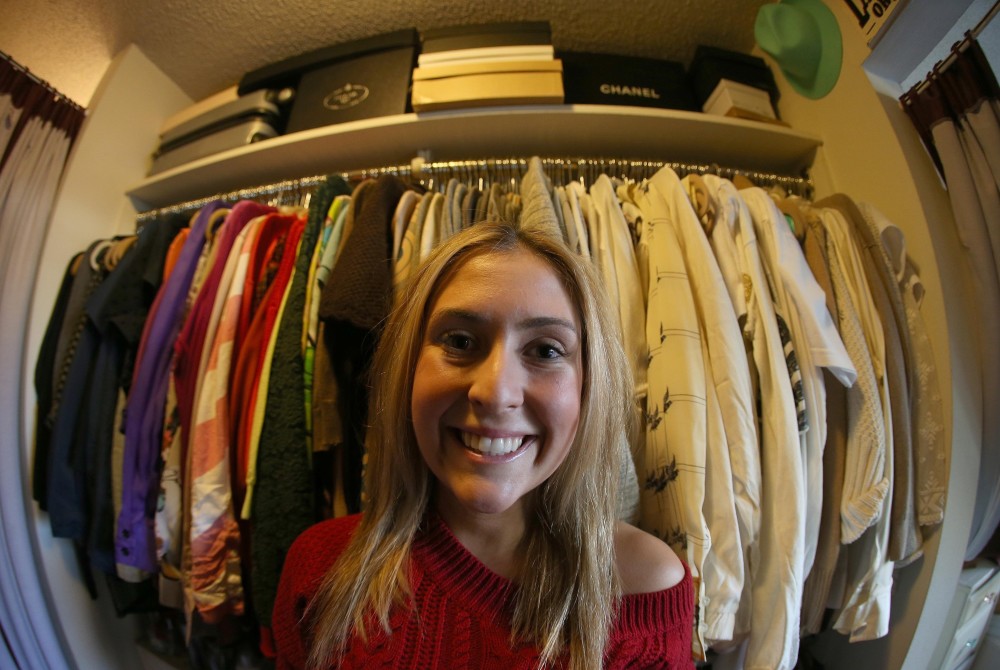By Carolyn Said
San Francisco Chronicle.
A crowd of 500 entrepreneurs, technophiles and investors gathered in San Francisco Tuesday to learn how to share.
Together they kicked off “Share: Catalyzing the sharing economy” — a two-day conference dedicated to the new sector of the tech industry that helps people share, rent or sell their resources.
The theme: how the sharing economy, also known as collaborative consumption or peer-to-peer marketplaces, can transform the planet, reducing waste and saving resources, while empowering regular folks to be “micro-entrepreneurs.”
“All over the world, people are turning to one another to build the sort of economy we want to see,” said Natalie Foster, executive director of conference co-sponsor Peers.org, which helps its 250,000 members lobby for the sector.
Impact investor SoCap is the conference’s other co-sponsor.
“We’re sharing our homes, cars, skills, time and money, building babysitting cooperatives and new ways of carpooling,” Foster said. “We’re rejecting the idea that stuff makes us happier and that ownership is better than access. … We’re building a movement.”
Speakers repeated one of the industry’s mantras: Access trumps ownership.
Behavioral shift
“This is one of the most important shifts in human behavior ever,” said Shervin Pishevar of Global Sherpa, who has invested in leading sharing companies such as Uber and TaskRabbit. “There’s a revolution going on in how we as consumers view the world. … The speed and scale of some of these businesses is actually quite shocking.”
At the same time, participants acknowledged, the basic idea of people offering goods and services to one another is nothing new.
“Sharing historically has taken place among kin and neighbors within communities, people who knew each other,” said Boston University Professor Juliet Schor. “What is new … is sharing among strangers (because) of the Internet’s ability to crowdsource information on reputation.”
The conference focused on the upsides, but some speakers addressed controversies about taxes, regulation, and disruption of industries and neighborhoods stirred by companies like Airbnb, which turns residences into hotel rooms, and Uber, which turns ordinary cars into taxis.
“We’ve rubbed up against policymakers and regulators and incumbent industries in cities where we’re working,” said Lisa Gansky, founder of Mesh Labs, which consults with industry companies. “That’s a good thing; it means we are maturing and people are taking us seriously.”
Critics say firms like Airbnb and Uber are being disingenuous by calling their businesses “sharing” when they actually are based on helping people charge money for goods and services, while collecting a cut.
Income inequality
Janelle Orsi, executive director of the Sustainable Economies Law Center, said the sector helps perpetuate income inequality. Its challenge will be to create structures that help return wealth to users, such as cooperatives, she said.
That idea found support from a surprising source: venture capitalist Brad Burnham, managing partner of Union Square Ventures.
“The current model for creating platforms in the sharing economy does aggregate too much value in the shareholders,” he said.
“That may seem like an odd thing for me to say, but it’s pretty obvious that is true.”
Companies that eschew the rocket fuel of venture money could compete on such factors as offering “human-to-human experiences much richer than buying a service from a bureaucratic hierarchy,” he said.
That would lead to companies giving better deals to the micro-entrepreneurs who help create value. Such an approach needs investors willing to accept a long-term revenue stream rather than a big payday — something his firm has done by backing Kickstarter, which is adamant that it will not go public or sell out.
Besides all the startups that let people share everything from camera lenses to boats, established corporations are adopting principles of the sector, said Jeremiah Owyang, whose Crowd Companies consults with Fortune 500 firms on that topic.
“To make it sustainable, we must engage government, regulators and corporations,” he said.














































































































































































































































































































































































